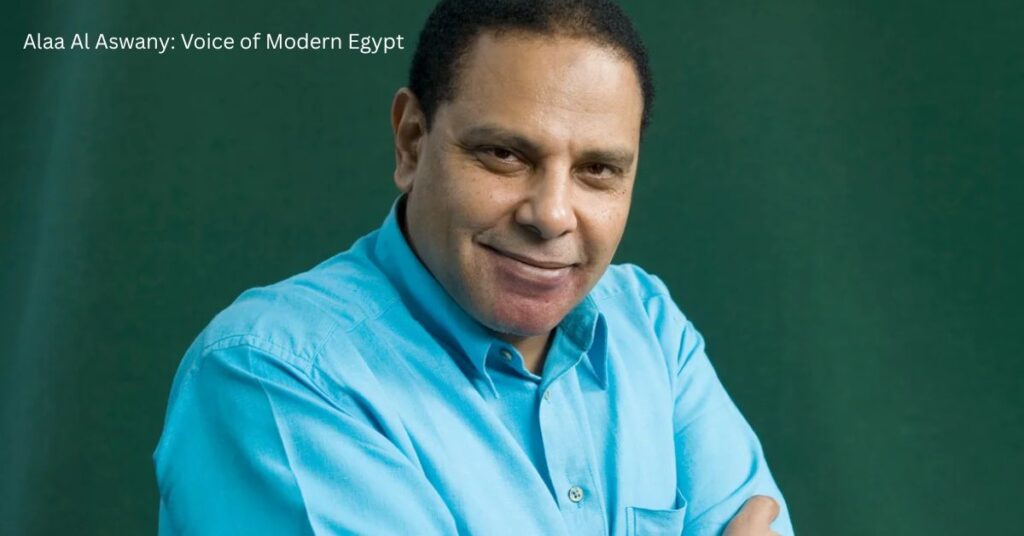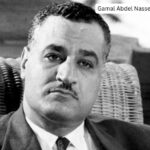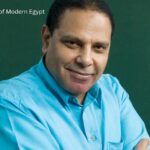Alaa Al Aswany stands as one of the most influential contemporary writers in the Arab world. Known for his bold storytelling, sharp social critiques, and captivating characters, Al Aswany has earned international recognition as a literary figure who gives voice to the realities of modern Egypt. Through his novels, essays, and public commentary, he has illuminated the struggles, hopes, and contradictions of Egyptian society.
Early Life and Education
Born in Cairo in 1957, Alaa Al Aswany grew up in a household that valued literature and culture. His father, Abbas Al Aswany, was a well-known lawyer and writer, whose influence shaped Alaa’s early passion for books and storytelling. After studying dentistry at Cairo University, Al Aswany pursued further education at the University of Illinois in Chicago, where he earned a master’s degree in dentistry. Despite building a successful career in dentistry, his true calling remained literature. His unique journey from dentistry to writing reflects his belief that creativity can emerge from unexpected places.
Literary Career and Breakthrough
Al Aswany’s rise to international fame began with his 2002 novel The Yacoubian Building. Set in a famous apartment block in downtown Cairo, the book explores themes of corruption, class divisions, political oppression, and personal struggles. Its candid portrayal of Egyptian society challenged taboos and sparked debates across the Arab world. The novel was translated into more than 30 languages and later adapted into a highly successful film and television series, cementing Al Aswany’s reputation as a fearless storyteller.
Following the success of The Yacoubian Building, Al Aswany continued to write novels that delve into Egypt’s social and political fabric. Works like Chicago (2007) and The Automobile Club of Egypt (2013) further showcased his ability to weave human stories into broader political and cultural contexts. His writing style combines realism with deep empathy, allowing readers to connect with his characters on both personal and universal levels.
Social Critic and Political Voice
Beyond literature, Alaa Al Aswany has become an outspoken social and political commentator. He was an active supporter of the 2011 Egyptian Revolution, often using his platform to advocate for democracy, freedom, and social justice. His essays and newspaper columns frequently address sensitive issues such as corruption, authoritarianism, and inequality.
His willingness to challenge authority has not been without consequence. Some of his works have faced censorship, and his political views have led to controversy. Nevertheless, Al Aswany remains committed to speaking truth to power, reinforcing his role as the “voice of modern Egypt.”
Global Recognition
Alaa Al Aswany’s impact extends far beyond Egypt. His novels are read and studied worldwide, making him one of the most recognized Arab authors of his generation. He has received numerous international awards and is frequently invited to literary festivals and academic conferences. His ability to capture the essence of Egyptian society while addressing universal human concerns has given him a global audience.
Legacy and Influence
What makes Alaa Al Aswany truly unique is his ability to blend art and activism. His novels are not just stories; they are reflections of a nation in transition, filled with complex characters who mirror the everyday experiences of Egyptians. Through his work, he has challenged stereotypes, pushed boundaries, and opened a window into the realities of modern Egypt.
As a writer, intellectual, and advocate for change, Alaa Al Aswany continues to inspire readers around the world. His courage in confronting difficult truths ensures that his voice will remain an essential part of Egypt’s cultural and literary landscape.
✅ SEO Keywords for Optimization: Alaa Al Aswany, Egyptian novelist, modern Egyptian literature, The Yacoubian Building, contemporary Arab writers, Egyptian Revolution, Cairo literature.





